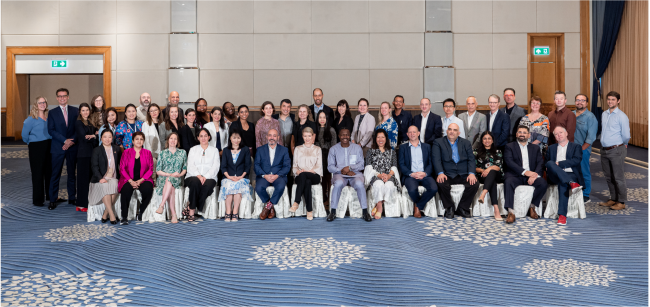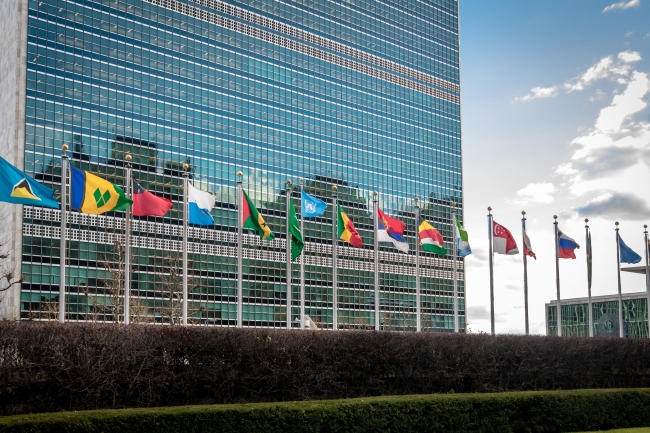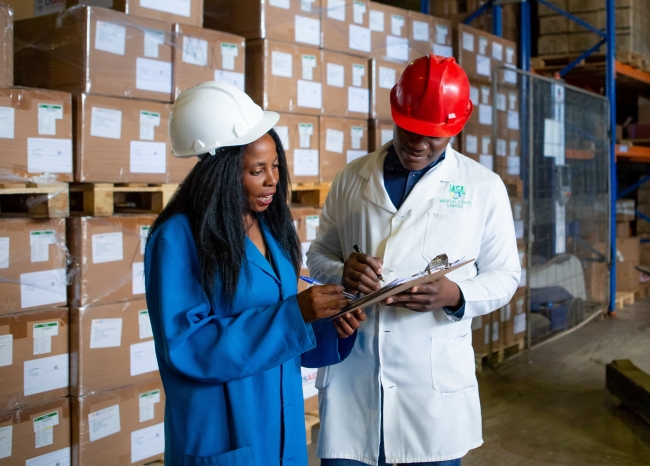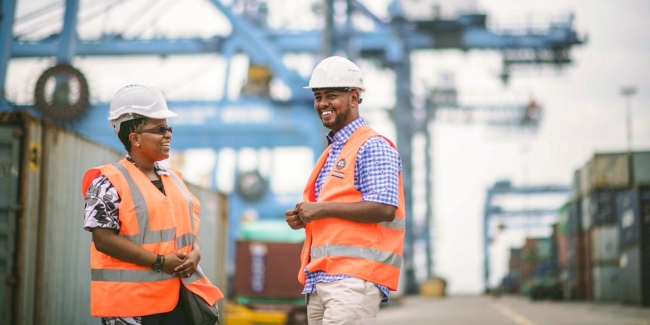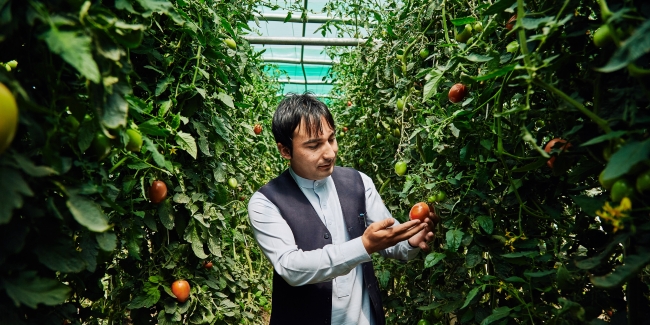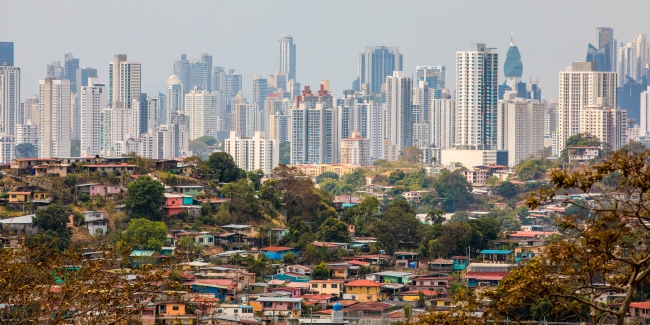Frontline of Climate Change: How Cabo Verde is Leveraging INFFs to Fund its NDC Targets
30 OCTOBER, 2024

As Small Island Developing States (SIDS) confront existential threats from climate change, they continue to be some of the most vocal advocates for urgent action at global forums like the Conference of the Parties (COP) to the United Nations Framework Convention on Climate Change (UNFCCC) . SIDS like Cabo Verde bear the brunt of climate-induced disasters, such as hurricanes and rising sea levels, which inflict billions of dollars in damage on their economies, people and ecosystems. Over the past five decades, SIDS have suffered a staggering US$153 billion in losses from extreme weather events, underscoring the urgent need for enhanced climate resilience and sustainable financing solutions.
Failure to meet global net-zero targets by mid-century is not just an abstract concept for SIDS—it’s a matter of survival. In response, many of these nations have made ambitious Nationally Determined Contributions (NDCs) under the Paris Agreement, committing to climate-resilient futures. However, securing the financial resources to implement these goals remains a significant challenge. Traditional funding streams are often insufficient, making it crucial to unlock private capital and innovative financing options. This is where Integrated National Financing Frameworks (INFFs) come into play, offering a pathway to attract and scale up climate finance.
Cabo Verde stands out as an inspiring example of how SIDS can leverage INFFs to meet their NDC targets. By prioritizing private financing and investing in the blue economy, the country is pioneering sustainable finance mechanisms that can be a model for peer countries, particularly as the world prepares for climate–focused COP29 in Baku, Azerbaijan.
Cabo Verde’s INFF Journey: Blu-X and Beyond
Through its INFF process, Cabo Verde made a strategic shift to scale private financing and to prioritize investment in the blue economy, in part to reduce dependency on tourism—a sector hard-hit by the COVID-19 pandemic. Cabo Verde’s Stock Exchange launched Blu-X in partnership with UNDP in 2021. Blu-X serves as a sustainable finance platform dedicated to the blue economy and broader Sustainable Development Goals (SDGs). Through this platform, the country issued its first social bond in 2021 for 22 municipalities, with an interest rate close to the public bond rate supported by a treasury-backed guarantee.
Blu-X subsequently facilitated the public offering of a blue bond issuance worth $3.5 million by the International Investment Bank (IIB) in 2023 which supported affordable loans for microentrepreneurs and start-ups in coastal communities and investments in micro-, small-and medium-sized enterprises (MSMEs) operating in the maritime and fisheries sectors. The issuance was based on the blue bond regulation enacted in 2022 that drew on Atlantic Technical University’s blue taxonomy and was double-listed on the Luxembourg Green Exchange in 2024.
The Cabo Verde Stock Exchange’s CEO, Miguel Monteiro, expresses his enthusiasm about the partnership that facilitated the blue bond issuance: “This is a major milestone! The partnership between BVC [Cabo Verde Stock Exchange] and LGX [Luxembourg Green Exchange], and BVC and IIB allowed us to reach this moment of having a security issued in Cabo Verde, to be listed in an international market as important as the Luxembourg Stock Exchange and displayed on LGX. This all started with the strategic partnership established with UNDP, which enabled us to put in place the Blu-X platform. Cabo Verde Stock Exchange is really doing its part in helping Cabo Verde to finance the SDGs.”
Over two years, the country has raised approximately $40 million via Blu-X, channeling funds to projects that promote economic diversification and reduce carbon footprints. Recognized for its innovative approach, Blu-X won multiple Global Banking & Finance Awards in 2024, further highlighting its impact on financing climate resilience in Western Africa.
Empowering Coastal Communities through Sustainable Finance
Blu-X’s success extends beyond infrastructure and environmental benefits. Cabo Verde’s strategic focus on ESG investments has also spurred social change. For instance, the Morabi microcredit agency's social bond, listed on Blu-X, has provided critical funding to support micro-entrepreneurs in coastal communities struggling with the compounded effects of the pandemic, inflation, and drought.
As the country scales up its efforts, Blu-X is poised to become a sustainable finance hub for Portuguese-speaking African countries and beyond.
The Road to COP 29 in Baku, Azerbaijan
Cabo Verde’s journey with Blu-X illuminates the transformative potential of sustainable finance in bolstering climate resilience. Through the strategic use of sustainable finance, the country has demonstrated how SIDS can effectively mobilize resources to support their NDC targets. As world leaders gather for COP29, Cabo Verde’s example provides valuable insights into how countries can use INFFs to unlock private capital for climate action. This innovative approach is an example roadmap for other SIDS aspiring to build a climate-resilient future.

